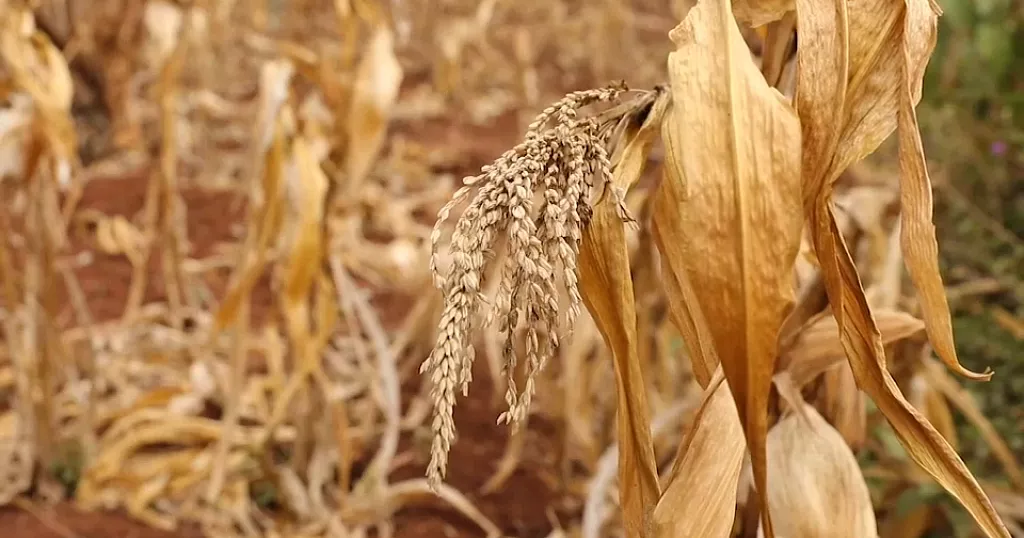The COP27 Presidency on Tuesday, November 15, 2022, launched the African Women’s Climate Adaptive Priorities (AWCAP) initiative to ramp up the inclusion of women for a climate-resilient future, championing women as equal partners and players in implementing climate action.
The initiative will focus on strengthening women’s participation in environmental governance, and leverage opportunities within the just transition to the green economy and achieving sustainable development.
Commenting on the initiative, COP27 President, Sameh Shoukry, said: “Africa is responsible for less than 4% of global emissions and is disproportionately punished by the impact of climate change. Rural women on the continent are among the most disadvantaged as they carry the weight of working at home and in the fields and are hurt by displacement due to climate change. We must implement a resilient water-energy-food transition that can provide socio-economic support to African nations and save lives and livelihoods.”
Read also: Kenya lifts ban on GMO as drought worsens food shortages
AWCAP was launched during the Opening Session of the Gender Thematic Day, attended by the Minister of Environment in Egypt, Dr Yasmine Fouad, along with the President of the National Council for Women in Egypt, Dr Maya Morsi, Executive Director of UN Women Dr Sima Bahous, and UN Climate Change high-level champion, Dr Mahmoud Mohieldin, who all delivered remarks.
The initiative will break down barriers for women and ensure they have better access to education, support capacity building and include them in the transition to a green economy.
Women in Africa rely substantially on environmental-related livelihoods, including agriculture, livestock management, forestry, water management, and health, all of which are disproportionately exposed to climate change. If the impact of climate change on women is not mitigated, gender equity in 2030 will be back to what it was in 2010. There is a win-win for all stakeholders in involving women in climate action, and this must be taken advantage of to develop and execute effective adaptation solutions.
Adapted from Environ News Nigeria
